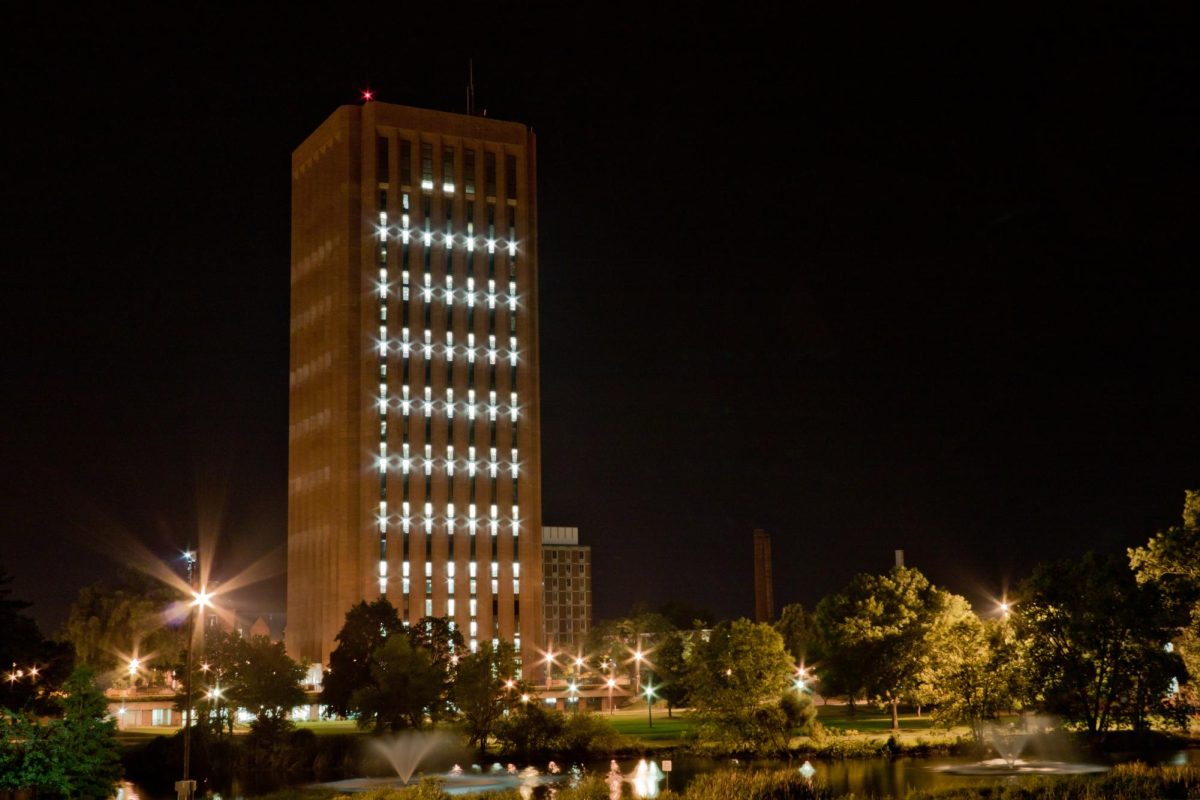Women have the right to be informed of all the aspects of any major decision they make, and thanks to today’s technology, it’s easy to find nearly limitless information at your fingertips. But when it comes to abortion, women may need to sift through a lot of medical misinformation to get to the truth, especially when it’s presented in such a way that looks like a neat package wrapped up in a bow.
Unfortunately, because abortion has become a political lightning rod, medical misinformation is easily spread depending on if you are pro-choice or pro-life. However, the truth about abortion shouldn’t depend on your stance on the issue, especially if you believe women should know all the options when considering whether to have an abortion, parent the child or place the child for adoption. These are no small matters.
Medical abortion – typically a two-pill regimen women take at home – is how 53 percent of abortions happen today. This method carries four times the risk of complications compared to surgical abortions. There are around a million abortions a year in the United States, which makes the number of women seeking the pill route enormous. Women absolutely need all the information to make as informed a decision as possible, even if they change their minds.
This is where those who support abortion on demand sometimes veer into territory their logic defies. Grace Fiori of the Massachusetts Daily Collegian published a brazen article that outright attacked the science behind abortion pill reversal, citing cherry picked statistics that backed up their point of view. But more than that, they gave away their true goal: that women who choose abortion once don’t have the right to go back on their decision.
The story quoted extensively from Dr. George Corey, the medical director of University Health Services at the University of Massachusetts. One of these quotes gave away this pro-abortion stance:
“Science aside, it’s far more the ethics of why would you? The person’s made a decision, help them go through with their decision … It is not ethical for us to feed doubts into their mind about the decision that they made, and that only they could make and needed to be made. Injecting doubt is really not medically ethical.”
What an insult to women who regret their abortions and feel sadness, regret, anger or are suffering from any negative effects of their decision. The medication women are seeking is the same bioidentical progesterone that has been used safely in pregnancy since the 1950s. Progesterone treatment is commonly used in IVF support, treatment during menopause and preventing recurrent miscarriage or preterm birth. Condemning a woman to complete an abortion they do not want is not choice. It is unethical to withhold information and access to this care from those requesting it.
Who’s to say that women aren’t regretting the decision they made to abort their child? Maybe they felt that deep feeling in the pit of their stomach that they are going to regret this decision for the rest of their lives. There are many reasons a woman can change their mind, and why wouldn’t a doctor tell them that there’s a way their baby may be saved if the woman didn’t take the second pill? That would be intentionally removing critical information from a woman who may be in desperate need to reverse her decision, an impossibility during a surgical abortion but certainly a possibility during a medication abortion.
Abortion pill reversal works by the woman taking progesterone to reverse the effects of mifepristone, the first pill in the two-pill regime. Mifepristone cuts off progesterone from the growing embryo, killing it. Misoprostol, the second pill, makes the uterus contract to expel the dead embryo. If the woman can get progesterone within 72 hours after taking misoprostol and before she takes the second pill, her baby may be able to be saved.
Abortion pill reversal has been studied and has been observed to be successful. An observational study in 2016 of 754 women showed that the use of progesterone before the second pill, misoprostol, was taken, was successful for 64 percent of the patients. Another very small study in 2012 showed that four of six women who took progesterone after taking mifepristone were able to carry their babies to term.
Women who want to talk about abortion pill reversal can utilize any of the wonderful pregnancy resource centers close to campus, and they can go to thepregnancycarealliance.com to find one. It’s only fair to give women all their choices, isn’t it?
Contact information for UMass Students for Life can be found here. Contact information for Boston Center for Pregnancy Choices can be found here.



















